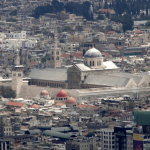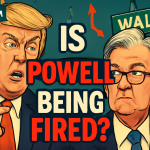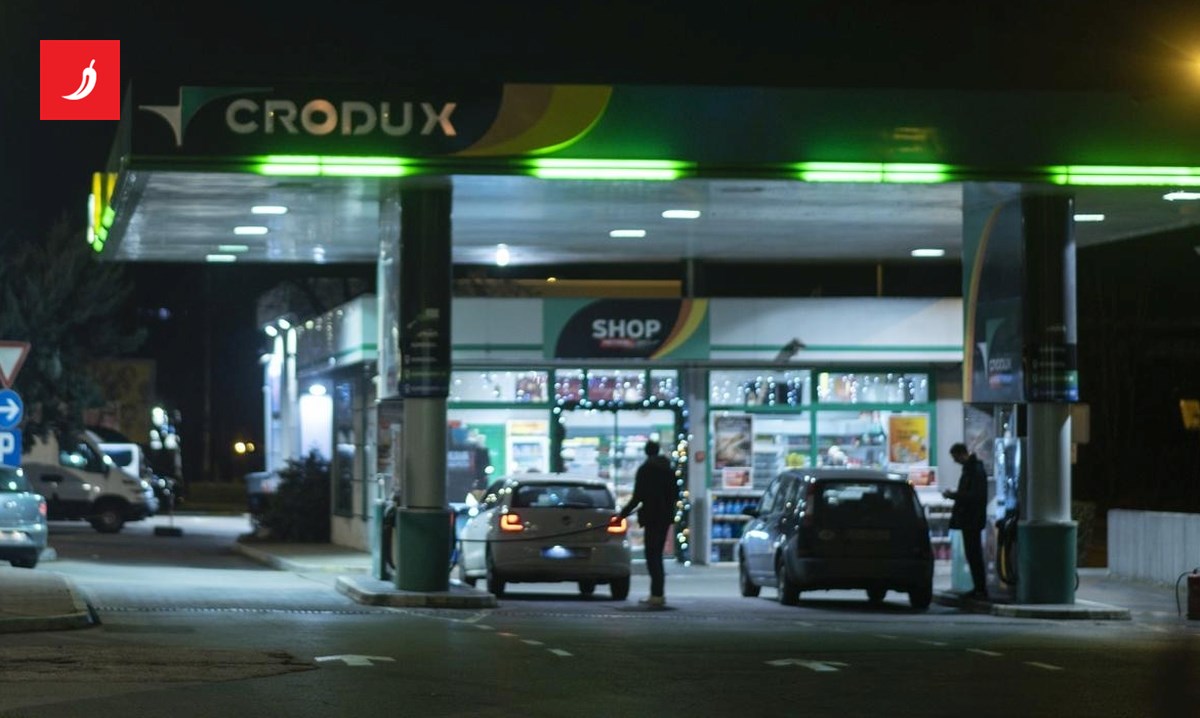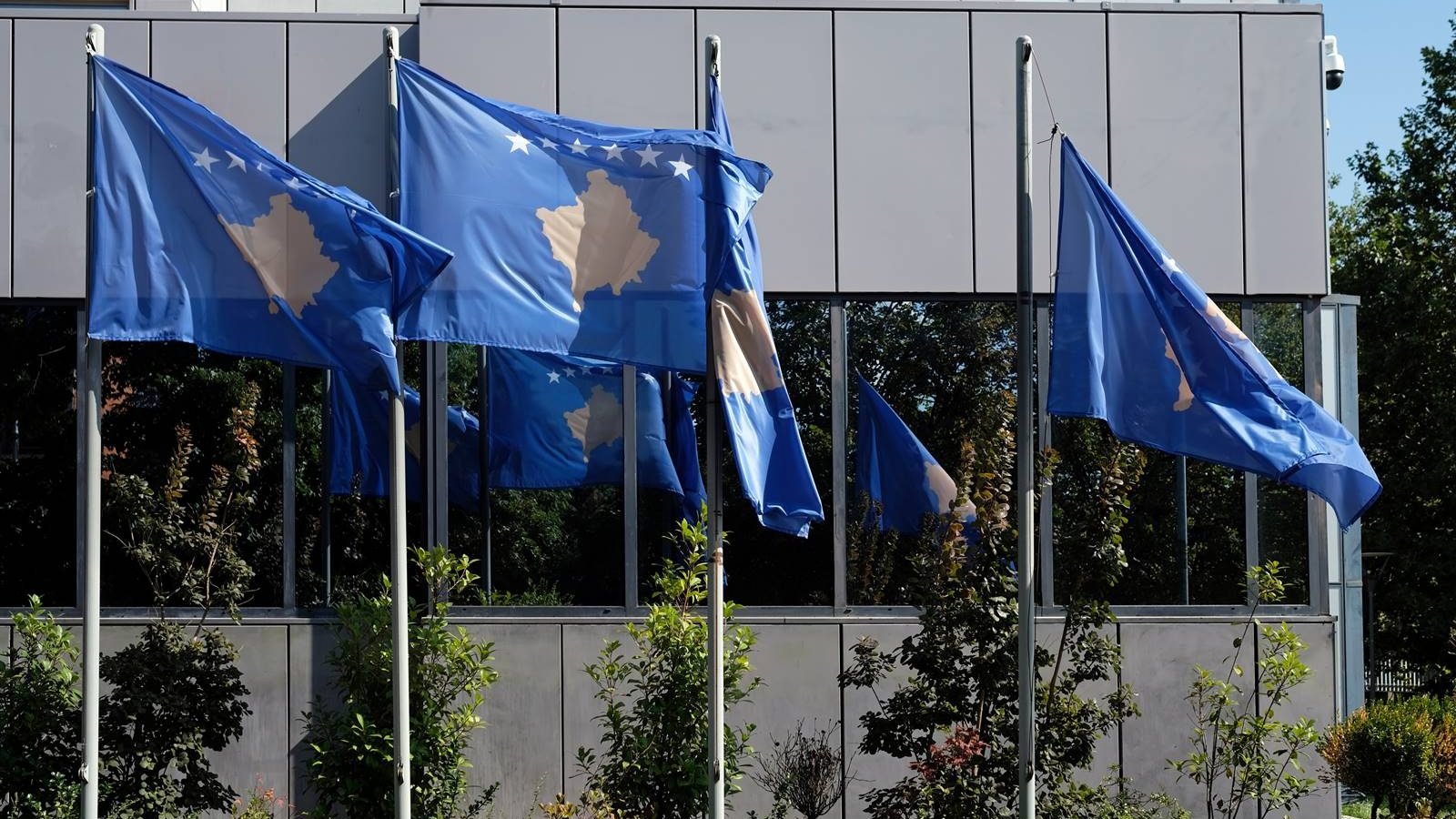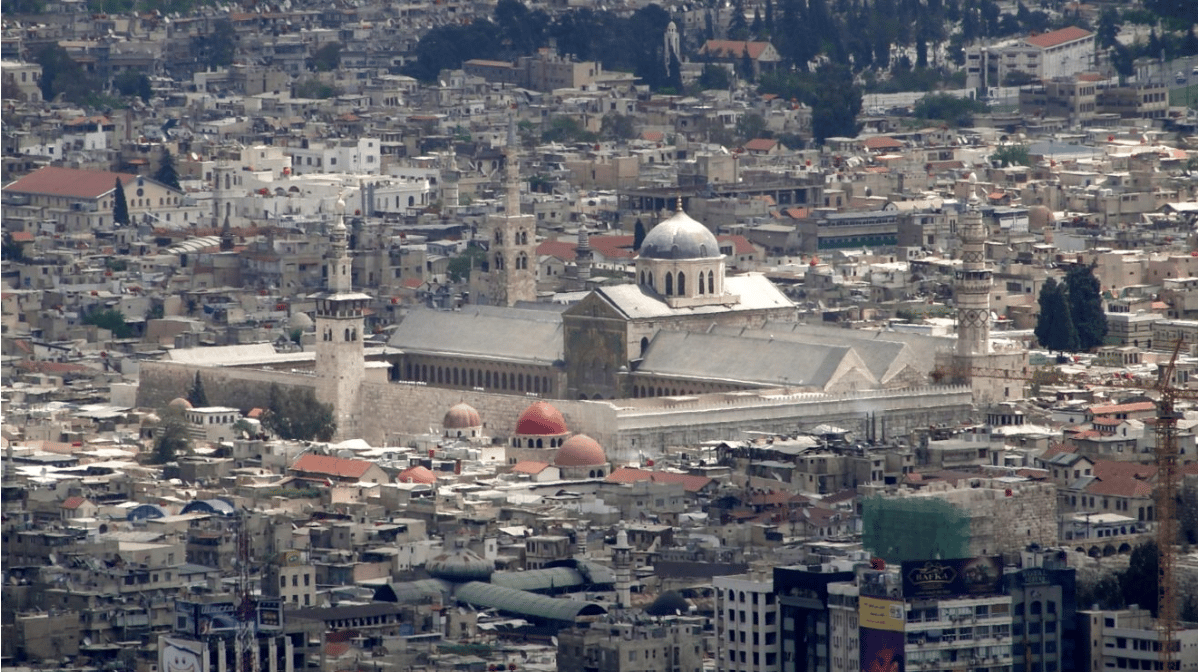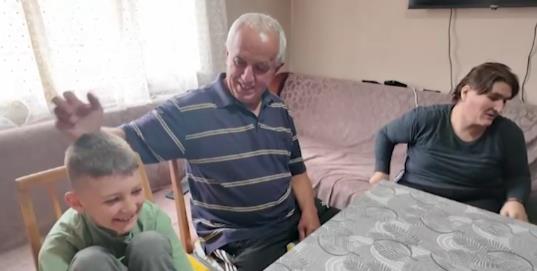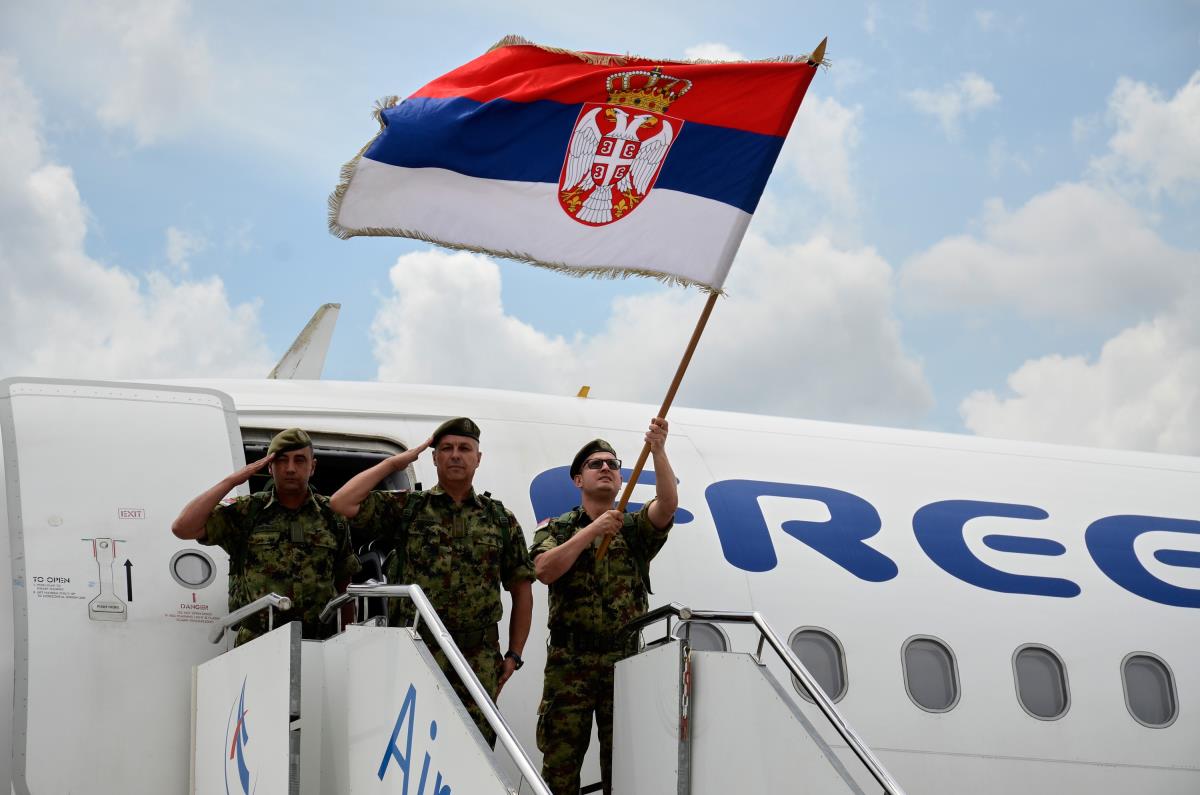End of Fuel Price Regulation in Croatia: Chaos or Free Market?
The Croatian government has decided to stop setting maximum retail prices for petroleum products. For the past three years, fuel prices have been strictly regulated, but now that period is coming to an end. Energy analyst Igor Grozdanić welcomes this decision, stating that the market is stable and does not require crisis interventions.
What’s changing?
Previously, the government set maximum fuel prices every two weeks, but now prices will be determined freely by the market. Grozdanić notes this is a move to accommodate distributors, especially during the peak tourist season when foreign tourists fill up at gas stations. He hopes the removal of price caps will be permanent, though he does not rule out the possibility of reinstating the regulation after the tourist season.
Will fuel prices rise?
Grozdanić believes there will be no significant price hikes. Croatia currently has some of the lowest fuel prices in Europe, even lower than in Serbia and Hungary, where prices were higher just two weeks ago. He warns that if prices do rise, the government will likely reintroduce regulation, as it is not in the distributors’ interest.
What about the neighbors?
In Montenegro, fuel prices have just dropped: BMB 98 gasoline costs €1.45 per liter, BMB 95 is €1.42, euro diesel €1.36, and heating oil €1.30. These prices will be valid for the next 15 days, showing that prices in the region are frequently changing due to market and regulatory influences.
Free market or chaos?
Croatia’s decision to end fuel price regulation could be a double-edged sword. On one hand, a free market can bring efficiency and realistic prices, but on the other, drivers fear price spikes, especially during high demand seasons. Grozdanić argues that premium fuels should be completely free-priced, as those driving newer, better vehicles should pay the true cost, not be treated as social cases.
What lies ahead?
While the market is currently stable, it’s important to remember that fuel prices in Europe are under heavy pressure due to taxes and global trends. Croatia has so far enjoyed relatively low prices, but ending regulation could bring unpredictable changes. If distributors become dissatisfied, the government will likely step in and reinstate the regulation.
Conclusion
The end of fuel price regulation in Croatia is a bold move that could free the market but also unsettle drivers. Will this be the start of stable, realistic prices or a new wave of hikes? Only time will tell. What do you think? Is a free fuel market a blessing or a curse? Drop a comment — maybe together we’ll figure out what’s really coming at the pumps!
Sources: Index.hr, Blic.rs, PortalAnalitika.me


